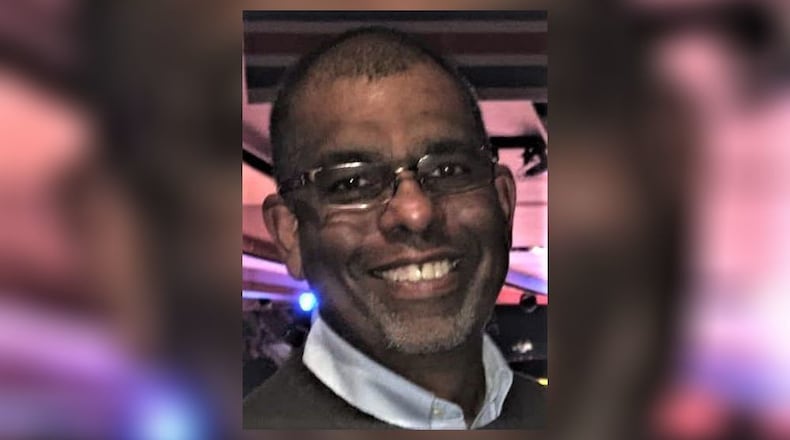Across the country, statehouses have implemented rules that make it illegal to provide gender-affirming care to minors with penalties that include jail time. Some 19 states ban or restrict such care, and H.B. 454, currently in committee in Columbus, would add Ohio to the list.
Gender-affirming care agitates the extremes. It’s a complicated subject prone to misleading soundbites that involve words and phrases people don’t understand. (What’s a gender-neutral pronoun? What’s non-binary?)
The debate, conveniently, doesn’t address the biggest. Who’s the most qualified to make parental decisions? The answer should be parents. And if that’s the correct answer, why are lawmakers trampling on parental rights, a major cause cé·lè·bre these days?
Gender-affirming care, according to the U.S. Department of Health and Human Services, “is a supportive form of healthcare. It consists of (various) services that may include medical, surgical, mental health, and non-medical services for transgender and nonbinary people.”
Why is this important? “Research demonstrates that gender-affirming care improves the mental health and well-being of gender-diverse children and adolescents.”
Physicians have diagnosed gender dysphoria, a conflict between sex assigned at birth and gender identity, in nearly 122,000 children between the ages of 6 and 17 since 2017, according to Komodo Health Inc.
Most gender-affirming care objections involve taking puberty blockers, receiving hormone treatments and sex reassignment, all of which a small minority of adolescents undergo. Just 4% take blockers, and 12% have had hormone therapy. Since 2017, fewer than 800 children ages 13 to 17 have had mastectomies, and 56 had genital surgeries, according to Komodo.
When considering gender-affirming care, opponents focus on drugs and surgeries, a potent message that has led to strong overall opposition. Ohio lawmakers have capitalized on the angst by giving H.B. 454 the alarmist name, “Save Our Children from Experimentation Act.”
Ohio does not have underground labs that seek to turn children into monsters by slicing off body parts. But that’s how opponents frame gender-affirming care while ignoring that the vast majority of parents seek out counseling for their children.
But for those parents who find a different course of action appropriate, the question remains, who’s best to decide?
In Ohio, Republicans have rightfully said parents should determine whether their children can work until 9 p.m. instead of 7 p.m. on school nights. Lawmakers have encouraged parents to get more involved in their schools so they understand what lessons they absorb. That’s a little more fraught since personal politics can get intermeshed with lesson planning, but parents absolutely should be more involved.
Parents decide when their children should drive a car, what medical care they do and don’t receive, whether they should be punished — the list goes on and on.
Yes, some minors have had gender-reassignment surgery and later regret having the irreversible procedure. That’s tragic. But it doesn’t change the calculus.
This isn’t an argument for or against this surgery for minors. It’s an argument for letting parents make choices for their families.
Look at it this way: A dozen children, on average, die each year in the United States because their parents refuse to allow them to have medical treatment based on religious beliefs. Some parents elect not to vaccinate their children. We saw the impact of that decision when 85 unvaccinated children became sick with measles in the Columbus area, causing an alarming outbreak. And if you’re in the mood for something gut-wrenching, read Thomas Gross’ Washington Post op-ed on performing an autopsy on an unvaccinated child.
But lawmakers aren’t rushing to mandate life-saving medical treatment or vaccines.
Instead, they’re attacking the vulnerable who already face a difficult road in trying to determine who they are and how they should live their life. Lawmakers demonized people based on sexual orientation for years, and when society became more accepting, moved to other targets.
That’s where we are. Lawmakers aren’t looking out for children. They want to define freedom on their own terms, which means adhering to their beliefs.
If you really want to help children, stay out of their families,
Ray Marcano’s column appears on these pages each Sunday. He can be reached at raymarcanoddn@gmail.com
About the Author
